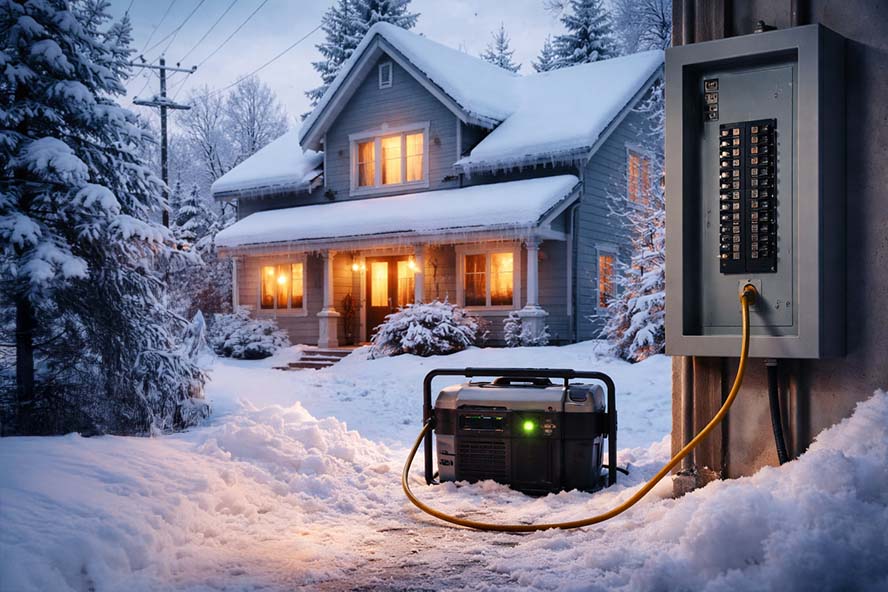Power outages can be disruptive, especially for businesses that rely heavily on electrical systems for day-to-day operations. From lost productivity to potential safety hazards, an unexpected loss of power can have serious consequences. Preparing for these situations is essential to minimize downtime, protect your equipment, and ensure the safety of your employees. Here’s how your business can stay prepared for an outage and what you should do when one occurs.
1. Install Backup Power Solutions
One of the most effective ways to prepare for a power outage is by investing in a backup power source. Generators and uninterruptible power supplies (UPS) can keep critical systems running, preventing data loss and ensuring essential operations continue. A commercial-grade generator can automatically kick in during an outage, providing enough power to keep your business functioning. UPS systems are especially useful for protecting sensitive equipment like servers and computers, giving you enough time to safely shut them down or switch to an alternative power source.
2. Create a Power Outage Emergency Plan
Having a detailed plan in place for when the power goes out is crucial. Your emergency plan should cover:
- Communication Protocols: Outline how employees and management will communicate during an outage. Make sure everyone knows who to contact and how information will be shared.
- Safety Procedures: Identify potential hazards that could arise during an outage, such as tripping or electrical malfunctions, and train employees on how to handle these situations safely.
- Evacuation Routes: If the power outage creates a safety risk, ensure employees know how to safely exit the building using designated evacuation routes.
Make sure your employees are familiar with the plan and know their roles in the event of a power outage. Practice drills and safety reviews can help keep your team prepared.
3. Protect Your Data and Equipment
Power outages pose a significant risk to your business’s data and equipment. Surge protection should be a part of your infrastructure to shield electronics from potential power surges when the electricity comes back on. Additionally, regularly backing up your data to cloud storage or off-site locations ensures that no important information is lost if the power cuts out suddenly.
Having surge protectors and voltage regulators in place is a smart preventative measure to guard against damage when electricity is restored.
4. Monitor Electrical Systems Post-Outage
Once the power is restored, it’s important to monitor your electrical systems for any issues. Check for flickering lights, damaged outlets, or equipment that isn’t operating correctly. Sometimes, outages can cause hidden damage to wiring or equipment, leading to potential fire hazards or other safety concerns. If any issues arise, contact a qualified commercial electrician immediately to perform a thorough inspection and make necessary repairs.
5. Partner with a Commercial Electrician for Regular Maintenance
Partnering with a commercial electrician for regular inspections and maintenance is the best way to ensure your business is always ready for unexpected electrical events. Regular inspections can identify weak points in your system that may fail during an outage. A commercial electrician can also help you design and install backup systems and surge protection, ensuring your business is well-prepared.
Conclusion
Power outages don’t have to spell disaster for your business. With proper preparation, backup systems, and regular maintenance, you can keep your business running smoothly, even during the most unexpected outages. If you need help with backup power solutions, electrical inspections, or post-outage repairs, contact Eric Gandler Development Electric today for expert guidance and reliable service.






